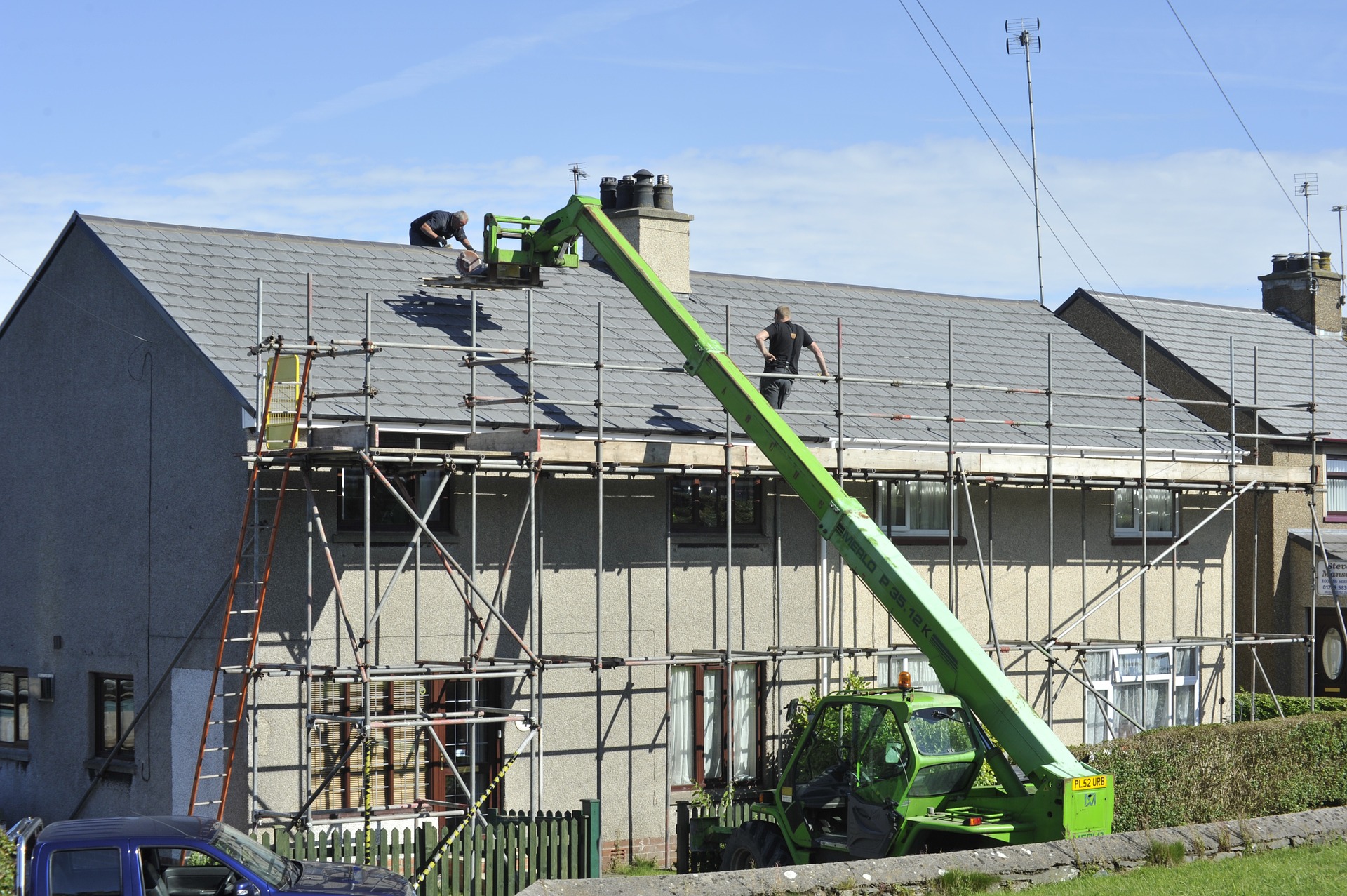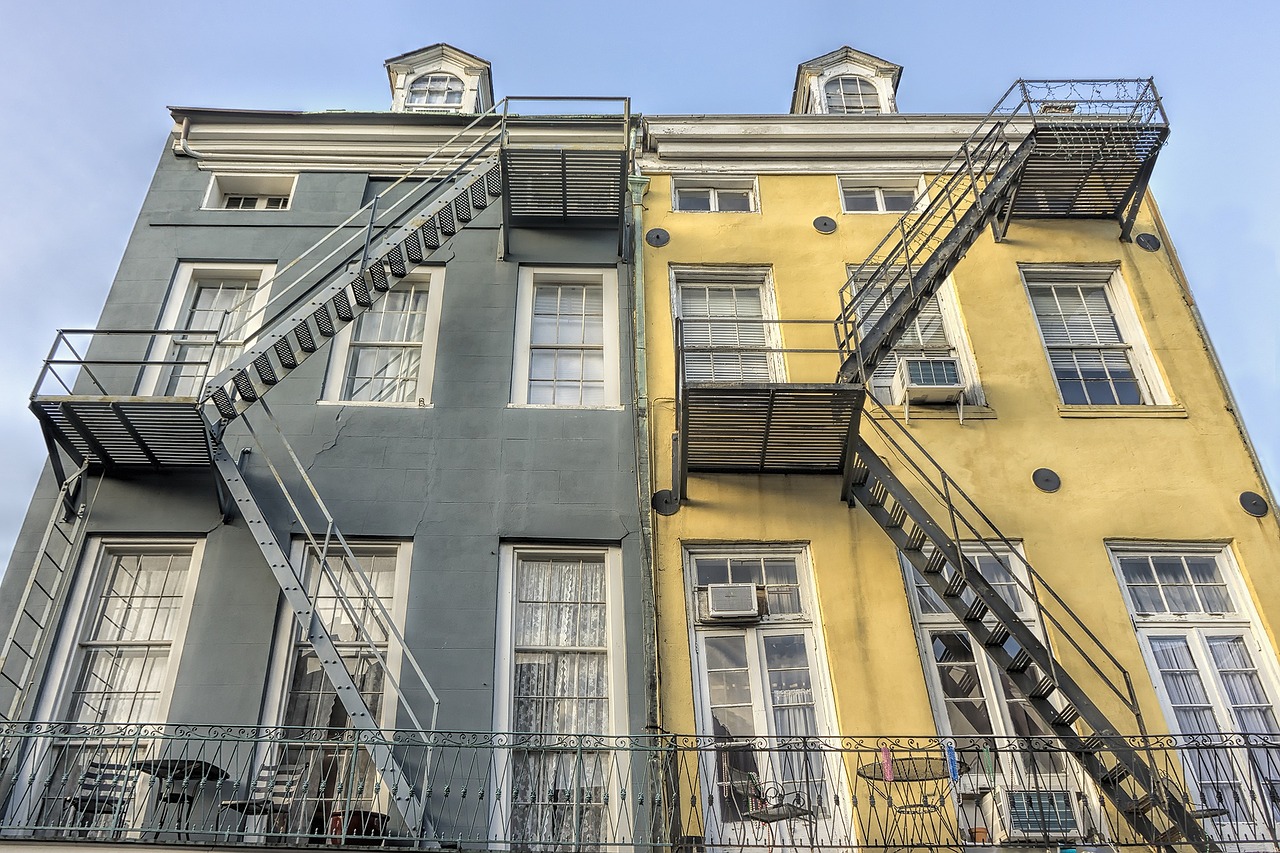 Begin your property developer journey
Begin your property developer journey
It should come as no surprise to know that the world of property development is not always the easy-living, money-spinning high life that is portrayed in movies and on TV.
However, with the right attitude and plenty of hard work, it can be a lucrative and rewarding area of work and investment, even for a beginner.
To breakdown the pros and cons and the ins and outs of the business, here is a simple guide to how to become a property developer in the UK.
Why get into property development?
Property in the UK is well known as one of the most stable and rewarding areas of investment in recent decades.
While there is always inherent risk in property investment and development, this area tends to be very profitable with good judgement.
Who becomes a property developer?
Property developers tend to be drawn from a range of different types of people, including:
- Building experts – those with significant experience building for other people, starting to venture into their own developments
- Entrepreneurs – ambitious, business-minded individuals willing to take financial risks to secure profit
Types of property development
There are a number of different types of property development, each of which comes with its own set of advantages and disadvantages:
1. Residential new builds
This involves buying up land and either demolishing existing buildings or building ‘from the ground up’ an entirely new property to create a residential home
2. Renovation/refurbishment
A common type of development for first-time investors, this involves buying low-cost, poor condition homes and spending capital to fully renovate and refurbish the interiors, adding significant value to the property, then selling it on.
3. Conversion
Increasingly popular in urban locations with older, larger residential homes. A developer will invest significant capital into converting the building from a single home into a series of flats, or house of multiple occupations (HMO) for the rental market.
Unlike residential property, building for commercial businesses will often involve building to a specification from an existing client.
Securing financing
Unlike many high street banks, the emerging market in alternative financing lenders will tend not to discriminate against first-time developers, and focus on the merits of an application and the viability of a project.
You will be in a strong position to secure development financing as long as you have researched the full details of:
- The purchase price of the land and build/renovation cost
- The projected final gross value of the completed project
- Application for planning permission
- A team of architects and contractors with strong reputations
- A thorough timeline of the build, along with contingency plans
- A strong plan for exiting the loan through the sale of the completed development
Most development loans run over the course of 12 months and incur an interest rate of between 6% and 20%, depending on the type of development.



